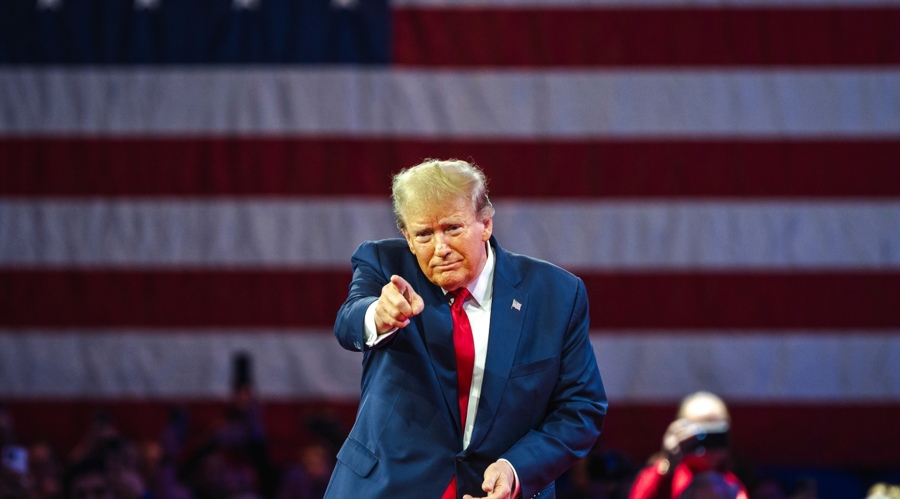German
online brokers Trade Republic and ING have experienced technical difficulties
that occurred during this week’s market plunge when both platforms experienced
delays due to extraordinary trading volumes.
Trading Platforms
Experience Delays as Markets React to Trade War Concerns
The
technical issues coincided with a steep selloff in global markets as investors
responded to escalating trade tensions and Trump’s Tariffs. Germany’s DAX index
initially plummeted more than 10% before recovering some ground to close down
4.7% on Monday. By Tuesday’s close, the German benchmark had rebounded 2.5% to
20,280, while the S&P 500 remained under pressure, falling 1.6% to 4,982—approaching
its lowest levels in a year.
Trade
Republic, which serves 8 million customers across 17 countries and manages
approximately €100 billion ($110 billion) in assets, acknowledged that some
users encountered “loading delays when viewing their portfolios”
following “enormous market fluctuations.” The company emphasized that
despite these issues, trading capabilities remained operational throughout the
disruption.
I’m closing my account — this is the worst platform I’ve ever used. Every time the market is volatile, the platform freezes. I can’t buy or sell, and my account balance doesn’t even show up. This isn’t the first time it’s happened.#traderepublic pic.twitter.com/1MSw5cirIh
— Pax (@MktPax) April 7, 2025
Similarly,
ING Germany reported experiencing “slight delays” lasting “a few
minutes” on its trading platform due to “very high trading
activity,” but assured that customers could execute orders at all times.
GameStop Drama Redux
This isn’t
the first time Trade Republic has faced technical challenges during periods of
heightened market activity. In 2021, the platform experienced disruptions amid
the surge in trading volume related to GameStop, BlackBerry, and other stocks
that became the focus of a conflict between retail investors and hedge funds.
Market
analysts note that the latest volatility stems from concerns about U.S. trade
policies under President Trump, which have revived recession fears among global
investors.
The
imposition of 104% tariffs on Chinese imports, alongside threats of broader
trade restrictions, has heightened uncertainty, prompting a flight to
safe-haven assets and exacerbating pressure on global equities. These
aggressive policies, aimed at reshaping U.S. trade balances, have sparked fears
of retaliatory measures and a potential economic slowdown, driving the market
turmoil that overwhelmed trading platforms this week.
This article was written by Damian Chmiel at www.financemagnates.com.
Source link


